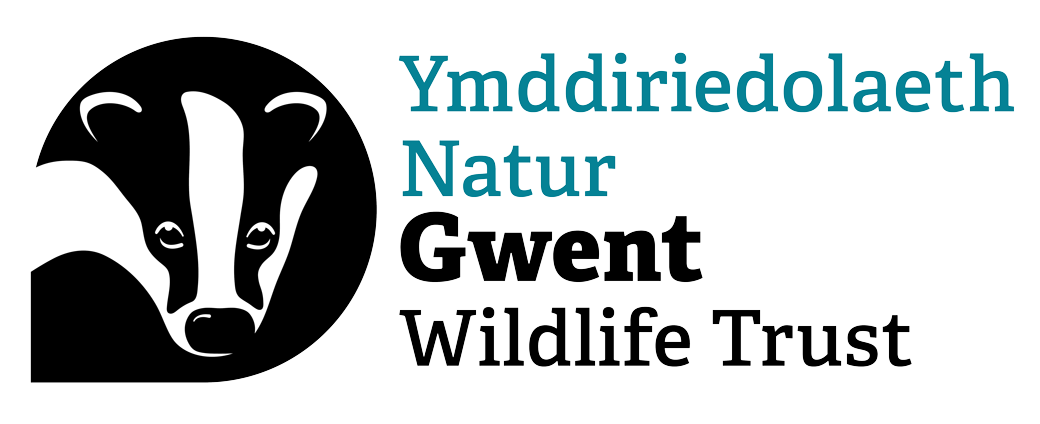The report was commissioned by the Welsh Government to look at the sustainable transport alternatives required to reduce congestion on the M4, following First Minister Mark Drakeford’s decision to scrap plans for a new motorway over the Levels in June 2019.
Gwent Wildlife Trust says the Commission’s recommendations are very good news for people, wildlife and the environment.





